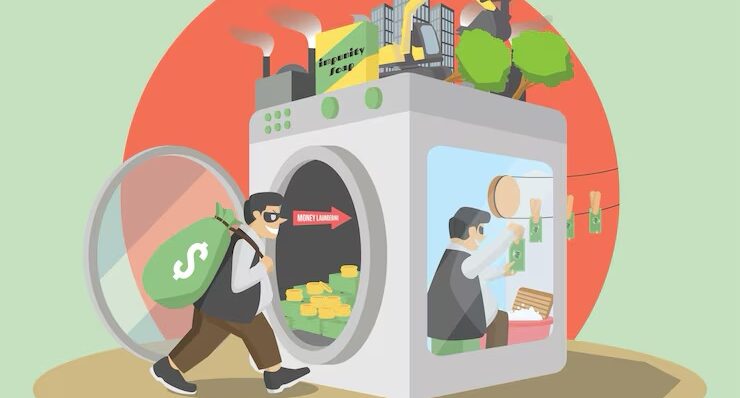Goa Drug Bust Uncovers Rs 50 Lakh Hidden in Washing Machine
In a dramatic breakthrough, the Telangana Anti-Narcotics Bureau (TGANB) uncovered a sophisticated money laundering operation linked to an international drug cartel in Goa, seizing Rs 50 lakh in cash ingeniously concealed inside a washing machine. The raid, conducted on June 4, 2025, in a Goa apartment, exposed a complex web of hawala transactions and narcotics trafficking, highlighting the growing challenge of combating organized crime in India’s coastal state.
The operation began with a tip-off about suspicious activities in the Parra area of Goa, where routine drug consignments were reportedly being funneled to Hyderabad. According to recent reports, TGANB officials, in collaboration with Goa police, conducted a month-long surveillance operation to track the movement of cash and drugs. The investigation zeroed in on a Highland Park apartment and a mobile shop in Mapusa, where the key accused, Uttam Singh, operated. Singh, who ran Sangeetha Mobile Shop, was arrested for his role in laundering drug money through informal channels. Authorities revealed that Singh facilitated the transfer of Rs 2.1 crore in just one week, with the seized Rs 50 lakh representing two days’ worth of collections.
The discovery of the cash, neatly stashed inside a washing machine, was a testament to the cartel’s audacious methods to evade detection. A TGANB official noted that the money was “ready for dispatch” and would have been smuggled to Nigeria to fund international drug cartels had the raid been delayed by even an hour. The operation also led to the arrest of four Nigerian nationals, who were seen handing over cash to local agents. This bust is part of a broader crackdown on a network involving at least 50 Nigerian nationals operating out of Goa, with 58 transactions totaling Rs 2.1 crore tracked between May 26 and June 3, 2025.
The TGANB’s investigation revealed the intricate workings of the hawala network, a system used to transfer money without formal banking channels. Experts explain that hawala relies on trust and coded communication, making it a preferred method for money laundering in drug trafficking. In this case, cash collected from drug sales in India was routed through Mumbai and then to Nigeria, supporting the global narcotics trade. The involvement of foreign nationals underscores the international scope of the operation, with drugs like high-purity cocaine and MDMA being sourced from abroad and sold in India’s party hubs like Goa.
Sandeep Shandilya, director of TGANB, emphasized the urgency of the raid, stating that the seized cash was moments away from being transferred out of the country. The operation also uncovered narcotics valued at Rs 1.64 crore, further highlighting the scale of the drug trafficking network. A key figure in the probe was Livio, a previously convicted individual who was caught with commercial quantities of cocaine and MDMA during court visits, revealing the brazen nature of the cartel’s operations.
The bust has sparked discussions about the challenges of policing Goa, a state known for its vibrant tourism and nightlife, which often serve as a cover for illicit activities. Recent reports suggest that the state’s relaxed atmosphere and transient population make it an attractive hub for drug cartels. Authorities suspect a wider network of hawala operators is active, working in tandem with international syndicates. To address this, TGANB is expanding its investigation, with a team dispatched to Delhi to probe additional leads.
This operation marks a significant step in disrupting interstate drug networks, but experts warn that the fight is far from over. The use of everyday appliances like washing machines to conceal cash illustrates the lengths to which cartels go to protect their profits. As India grapples with the rising tide of narcotics trafficking, law enforcement agencies are under pressure to adopt advanced surveillance and intelligence-sharing tactics to stay ahead of organized crime.
The Goa raid serves as a stark reminder of the hidden underbelly of the drug trade, where innovation in concealment meets the relentless pursuit of justice. With ongoing investigations, authorities hope to dismantle more layers of this complex network, sending a clear message to cartels operating in India’s shadows.


